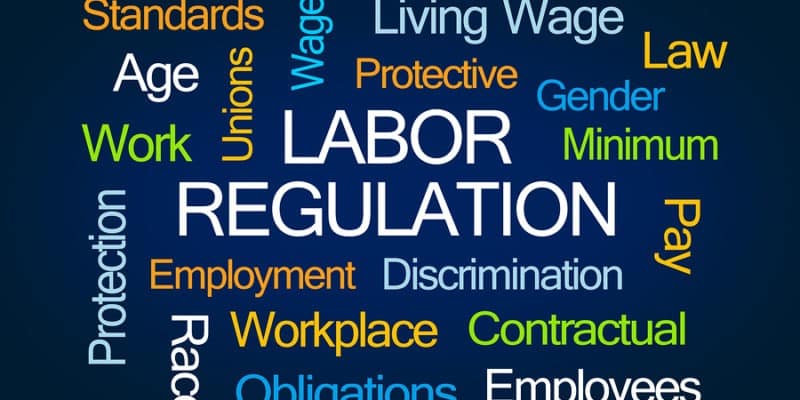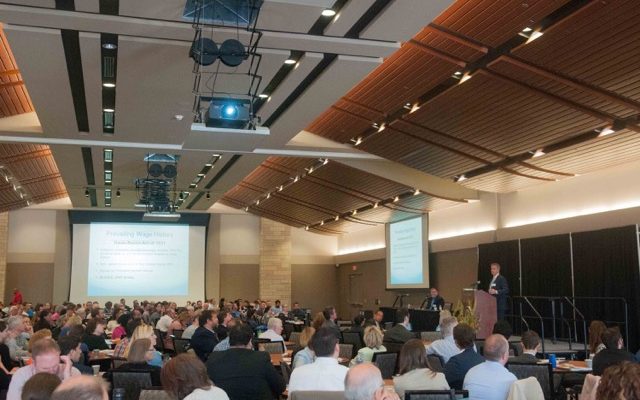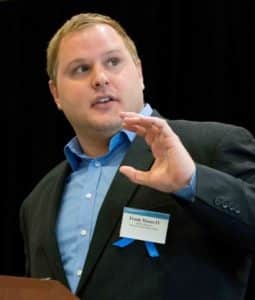By J.D. DUGGAN
PUBLISHED: September 20, 2019 at 6:58 pm
Roseville has begun adding labor standards to development tax break deals after union officials raised concerns about how developers are using subcontractors.
Earlier this week, prompted by a dispute over a $29.4 million Fairview Avenue apartment building, the city required developers to obey all environmental, labor, health and zoning laws and restrictions, as well as to pay all contractors, subcontractors and laborers before requesting a Certificate of Completion. If a developer is found guilty of wage theft, the city can withhold payments.
“How are we going to make sure people are treated fairly and paid fairly and not given these promises?” said Roseville City Council member Wayne Groff. “I don’t know how much this will affect this exact development.”
The requirements will become standard language in all future agreements where the Roseville Economic Development Authority provides financial assistance.
Roseville’s move comes after members of the North Central States Regional Council of Carpenters told members of the Roseville Economic Development Authority at a meeting that some developers use subcontractors who allegedly break labor laws such as using child labor, stealing wages and exploiting workers.
DEVELOPER IN THE CROSSHAIRS
Minneapolis-based Reuter Walton is planning an apartment building in the 2700 block of Fairview Avenue in Roseville. A $3.5 million tax increment financing deal would be part of the package.
As the project neared its final approval stages, members of the carpenters union jammed an Economic Development Authority meeting and objected to Reuter Walton’s use of subcontractors. One of those past subcontractors – Ricardo Batres – was charged with labor trafficking, theft by swindle and insurance fraud.
The union has taken its criticisms to other cities where Reuter Walton is considering projects, including St. Paul, where an apartment complex was approved last month.
“Reuter Walton continues to profit off of these (subcontractors) that are engaging these violations repeatedly,” said Richard Kolodziejski, spokesperson for the carpenters union.











